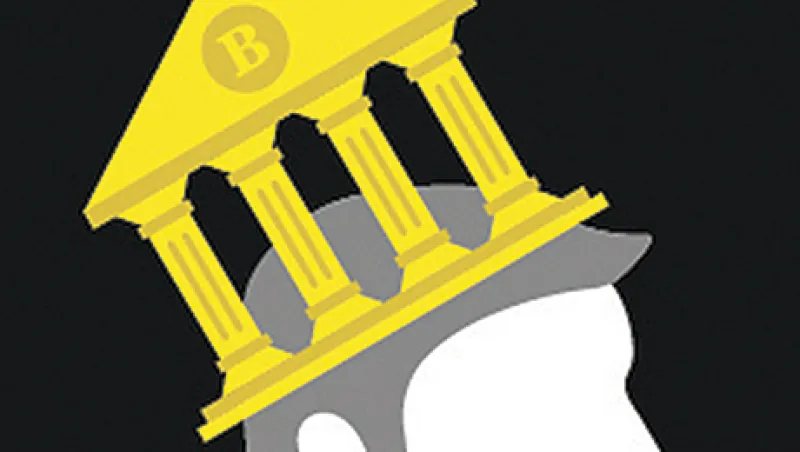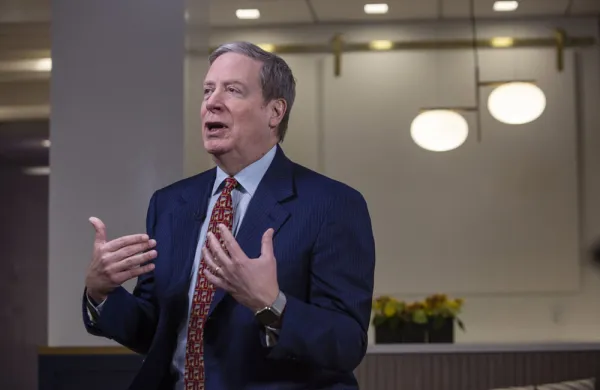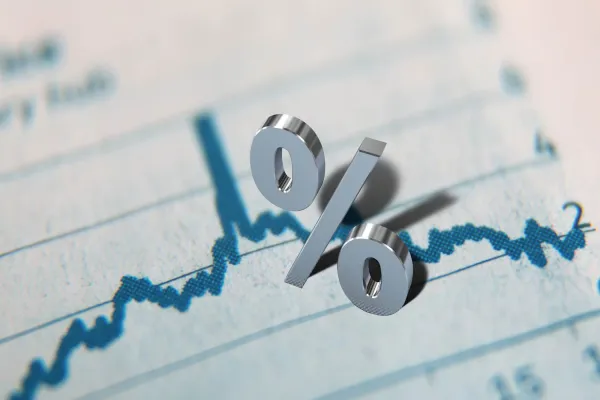Goldman Sachs Group made a risky decision to invest in $2.8 billion in bonds issued by Petróleos de Venezuela (PDVSA), the state-owned oil giant, and not just owing to its emerging markets status.
Venezuela’s opposition party leader Julio Borges criticized the deal as an aid to a dictatorial regime. He wrote to Goldman CEO Lloyd Blankfein that the bank wanted to “make a quick buck off the suffering of the Venezuelan people.”
The bond deal prompted a question: How can money managers ethically invest in emerging markets? Most investors at least occasionally consider environmental and social governance (ESG) policies, according to a 2016 Preqin alternative assets outlook report.
On July 5, armed backers of President Nicolás Maduro stormed Venezuela’s National Assembly, an attack the U.S. State Department condemned. Goldman’s critics fear that its deal financially helped Maduro’s government.
Human Rights Watch and Amnesty International also voice worries about human rights violations in Venezuela.
Reuters Breakingviews wrote that Goldman “ought to have a better nose for a problematic deal.” Venezuela’s central bank previously owned the PDVSA bonds.
Goldman believes “the situation in the country must improve over time,” says a spokeswoman. Goldman bought the bonds, issued in 2014, on the secondary market “and did not interact with the Venezuelan government.”
Goldman holds the bonds in funds and accounts managed for its clients, she states. Many mutual funds, index funds and ETFs also hold PDVSA bonds, she adds.
BlackRock’s iShares Emerging Markets High Yield Bond ETF has Venezuelan holdings, for example. BlackRock did not respond to a request for comment.
One must distinguish “between giving a clearly corrupt and deficient government new funds or just buying bonds on the secondary market,” says Schroders’ Jim Barrineau.
Still, he notes, investors may have been caught off guard by Goldman’s investment in Venezuela at this time. Opposition party members say the nation’s unpopular president increased its poverty and hunger.
Emerging market “countries generally don’t starve their populations,” says Barrineau.
More asset allocators are looking more closely at ESG owing to Goldman’s deal, says Nick Ndiritu, a portfolio manager for Allan Gray Africa ex-SA Equity Fund and Africa ex-SA Bond Fund. Pension funds, in particular, increasingly express interest in “paramount” ethical considerations in emerging markets, he says.
Goldman recognizes the nature of Venezuela’s crisis and the evolving situation, says its spokeswoman. “We agree that life there has to get better, and we made the investment in part because we believe it will.”
In January, Ndiritu notes, Mozambique failed to make an interest payment on some tuna company bonds. This too shows the need for caution in emerging markets. Mozambique said it would miss a $59.7 million coupon payment on bonds due in 2023, reports the government-funded MacauHub website. Mozambique likely borrowed too much, Ndiritu says.
He says investments made mindful of ethics will likely favor investors long-term, but emerging economies are tough.
He often relies on secondhand information, published reports or memoranda, as government officials infrequently help.
Allocators don’t always understand the difficulties of operating in developing markets, and some may have specific investment criteria they put before cultural challenges.
“A checkboxes approach to ESG investing does not insure you,” Ndiritu says.
By focusing on democratic countries, an asset allocator may miss potential problems beyond government rule—and may also miss good investment opportunities in more dictatorial nations, too.
“It’s a lot more nuanced than allocators realize,” Ndiritu says. Despite ethical questions in Zimbabwe, for example, he says some companies have honest management teams and encouraging revenues.
Increased digital transparency and access to secondary markets make it more difficult “to hide behind a cloak of anonymity,” says Barrineau.
When a government gets proceeds and uses them to suppress citizens, “you know it’s happening,” Ndiritu says.







